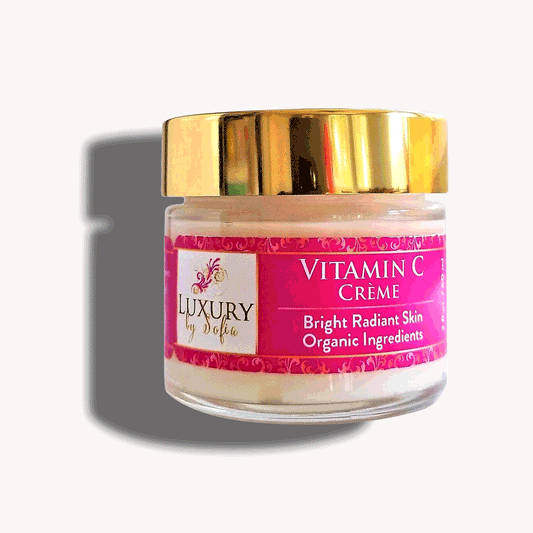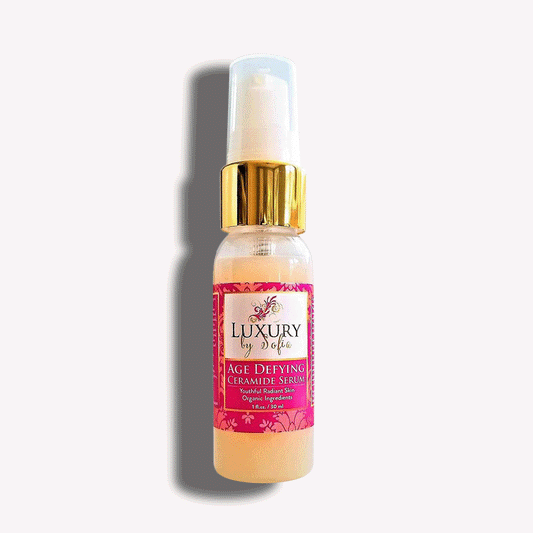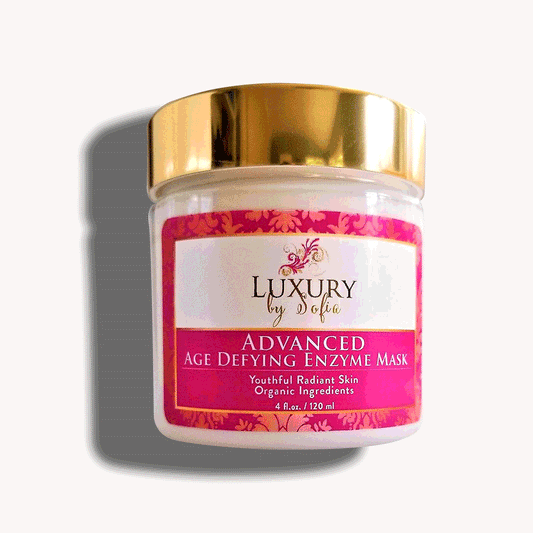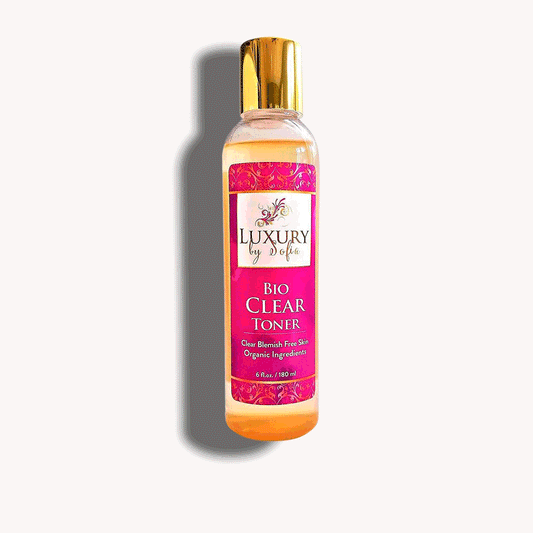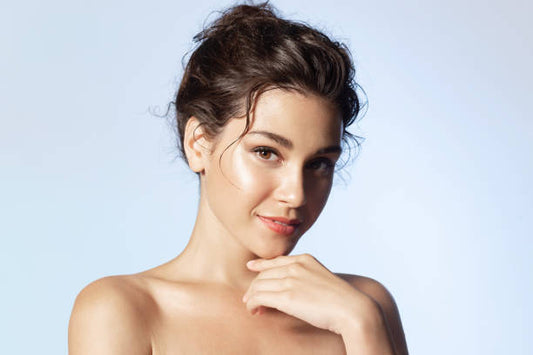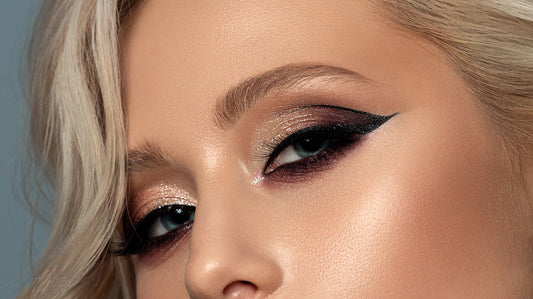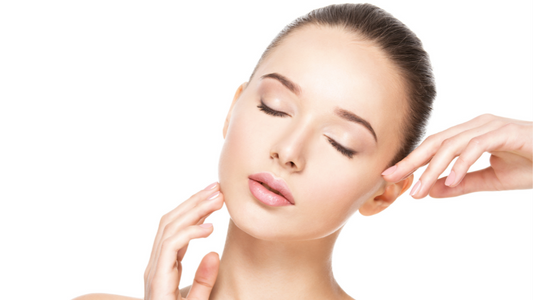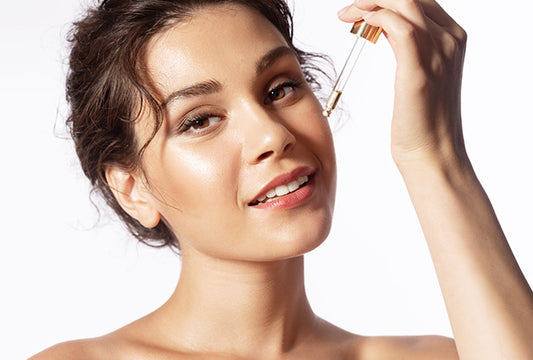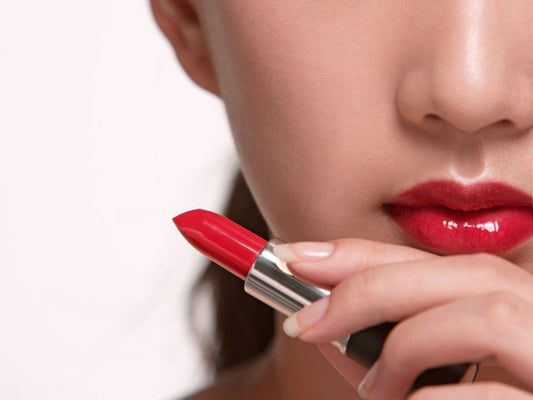In today's world, there is no shortage of makeup options for women. You can buy products from high-end brands at department stores or purchase drugstore cosmetics in bulk. However, it's important to know what kind of skin you have before buying these products because different face types require different things from their makeup. If you are not sure whether your skin is dry, oily or combination, then read on! We'll discuss how to determine your complexion type, which products will work best for you based on this information.

Know The Difference Between Dry, Oily And Combination Skin
- Dry skin: Dry skin is flaky, tight and itchy.
- Oily skin: Olly oil is shiny, greasy and prone to acne.
- Combination (normal) skin: Combination (or normal) is oily in some areas and dry in others.
Find Out Your Skin Type By Looking For Clues In Your Skin
You can tell a lot about your skin by looking at it. To get started, look for:
Signs of dryness, oiliness or combination. If you have dry skin, it will feel tight after washing and may appear dull in color. If you have oily skin, it will look shiny and greasy (and feel oily) after washing. Your pores may also be more visible on oily skin than on normal or dry ones. Oily complexions tend to form blackheads as well, these are extra-large pores that trap dirt inside them as they clog with sebum (skin's natural oil). People whose complexions are combination tend to experience both types of symptoms at different times throughout the year, their faces might be oily during summer months, but become extremely dry during winter months!
Get A Beauty Routine That Works For You
Your makeup routine should be customized to your skin type. If you have dry skin, for example, it's important to use a moisturizer before applying makeup. This will help keep your face from feeling tight and uncomfortable. If you have oily or combination skin (oily in some places and dry in others), wash with a gentle cleanser at night and then reapply during the day as needed.
If these tips don't work for you or if they just aren't enough, there are other options available through prescription medications like Retin-A or Accutane (which can cause birth defects).
Make Sure You Are Using A Cleanser That Is Up To Par With Your Skin Type
The first step in choosing the right makeup for your skin type is to use a cleanser that is up to par with your skin type. If you have dry or sensitive skin, it's important to choose a cleanser that has been formulated specifically for these types of complexions. A good rule of thumb is: if you have oily or normal skin and are looking for an effective, but gentle option, try using a gel-based formula instead of creamy or foaming ones; this will help keep excess oil at bay while still maintaining moisture levels in the epidermis (the topmost layer).
If you're concerned about harmful chemicals being absorbed into your body through topical products like facial moisturizers or BB creams (which tend not only contain active ingredients, but also preservatives), then look for products made from natural ingredients such as grape seed extract, this antioxidant has been shown in studies done by Dr. Oz himself!
Use A Moisturizer That Is Suited To Your Needs
Moisturizers are used to keep skin hydrated, and they can come in a variety of forms. Water-based moisturizers use water as the main ingredient, while oil-based moisturizers contain oils or waxes. Gel-based moisturizers are somewhere in between the two; they're made from water, but contain alcohols that help them stay on the skin longer.
There are also different types of lotions: some have SPF (sun protection factor) built into them for added sun protection, while others don't have SPF at all. If you want more coverage than a regular moisturizer provides, but don't want to wear foundation every day, try using an tinted face balm instead! This type of product gives you just enough color without being heavy or cakey like makeup can sometimes be - plus it won't clog your pores like traditional foundation can sometimes do!
Try Now: All Skin Care Products
Be Mindful Of Ingredients In Your Makeup Products
When choosing makeup products, it's important to be mindful of what ingredients are in them. The following are some common ingredients to avoid:
- Parabens - parabens are preservatives that have been linked to cancer and other health issues. They're typically used as a way to make cosmetics last longer on the shelf, but can also irritate sensitive skin types.
- Phthalates - phthalates are chemical compounds used in plastics and personal care products like hair spray or nail polish remover; they can disrupt hormone levels when absorbed through the skin or inhaled into the lungs.
- Synthetic fragrances - synthetic fragrances contain chemicals such as acetone (found in nail polish removers) and methylene chloride (used as paint stripper), which have been linked with allergies and asthma attacks among other health concerns when inhaled over time from repeated use of these products containing them.
- Do what works best for you when purchasing makeup products so that they are not harmful to the environment or your body
When it comes to purchasing makeup products, it's important to do what works best for you. When shopping for cosmetics and beauty products, look for those that are organic and cruelty-free. Choose products that are not tested on animals by looking for the Leaping Bunny logo or PETA's Beauty Without Bunnies stamp of approval on the packaging. If a product doesn't have either of these marks or certifications, then there is a chance that the manufacturer tested its products on animals at some point during their development phase.
There are many other things to consider when making this decision as well: Is this product vegan? Does it contain parabens? Will this make me break out if I use it regularly? These are all valid questions worth asking yourself when purchasing makeup products because they could affect how healthy your skin looks in the long run!
Conclusion
Doing what works best for you when purchasing makeup products is important so that they are not harmful to the environment or your body. It's also important to know what type of skin you have so that you can find products that work well with it. If your skin is dry, oily or combination then we hope this article helped guide you towards choosing the right kind of makeup for yourself!

